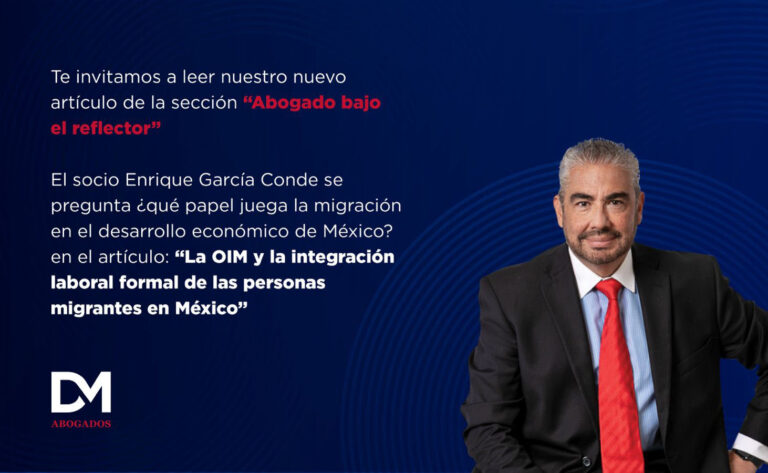Talent shortage in companies is a constant concern. With the arrival of nearshoring, the demand for labor in our country will increase and there are factors that were added to turn this topic into “a perfect storm”, like the low rates of training in specialized areas for young people. As well as a change in the expectations of professionals in regard to what they want and desire from companies.
According to the Manpower 2024 Global Talent Study, the shortage of suitable profiles in Mexico affects 68% of companies, but in industries such as information technologies in Mexico (79%), services (72%), or logistics (69%), the difficulty for finding talent with the right skills exceeds this average.
Additionally, it is estimated that with nearshoring, direct investment in industrial development in Mexico will bring the creation of close to two million jobs within the next three years which, of course, is a factor that puts pressure of the problem of talent, shortage, said Blanya Correal, partner and Director of TAMIM HR Consulting.
“We must discuss whether Mexico has the capability of providing a labor force, not only with a greater specialization, but also in terms of the skills, knowledge and experience that are required by these new companies who are coming to implement much more technical and automated industrial processes, with which the country’s lag in terms of preparation and education becomes more evident”, she warned.
Added to this, the change in the expectations of the new generations, where commitment is affected to the extent in which they participate in the labor market, also changes what is expected from employers. And faced with this, we have a talent inventory problem, she explained during the “Better practices for managing talent shortage” webinar.
Patricia del Blanco, corporate director of Organizational Development at Mabe considered that the arrival of important investments in Mexico is related to strengths such as the labor force, the strategic location that it has in relation to the United States and, although this is a good thing, there are significant challenges in the topic of continuing to attract and retain collaborators.
“In regard to talent attraction, operation lines have turned to consider non-traditional segments, such as migrants who come into Mexico, and that, from our industries, we can offer these opportunities for remaining in the country and the integration into the labor force”, the executive said.
Patricia del Blanco said that a factor that helps reduce the shortage of suitable profiles is to resort to older people who have experience that can contribute to companies, considering that retirement ages are becoming increasingly higher.
In regard to increasing the commitment to work, the executive stated that the organizations’ leaders are fundamental, as the efforts for accompanying collaborators are centered on them; thus, it is important to seek that they have the tools to create committed teams, increase productivity, reduce turnover, to name a few examples.
Internal development, another key
For her part, Gabriela Serrano, global Talent and Performance Manager at Coca Cola FEMSA, mentioned that in order to solve the talent shortage problem, one of the bets should be to develop internal talent in companies.
“Development programs at several entry level positions, which are small positions, a considerable number of resources have been invested in Mexico to train internal talent and give women opportunities. In the case of Coca Cola, during the last two years approximately, female talent has been incorporated into various positions, even in operative positions generally held by men, such as driving trucks”, she said.
There are barriers that also need to be broken at a cultural level, as certain positions are more masculine or have been held by men for a very long time, but women can also work in them.
“At the level of Mexico, we have been working hard on the development of these people through a training and technical specialization program in different sectors, such as the commercial sector, at the level of the smallest positions and also at the level of manufacture in operative positions, so that these people also visualize that they have opportunities for growth”, said the executive at Coca Cola FEMSA. Companies have many challenges, among them achieving a connection with their collaborators, which will translate into better performance, less turnaround, greater commitment and, to the extent to which expectations are listened to and understood, businesses can also move forward toward a transformation, concluded Blanya Correal, partner and Director of TAMIM HR Consulting .



